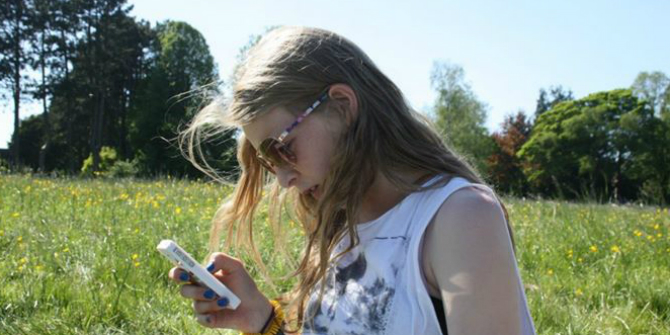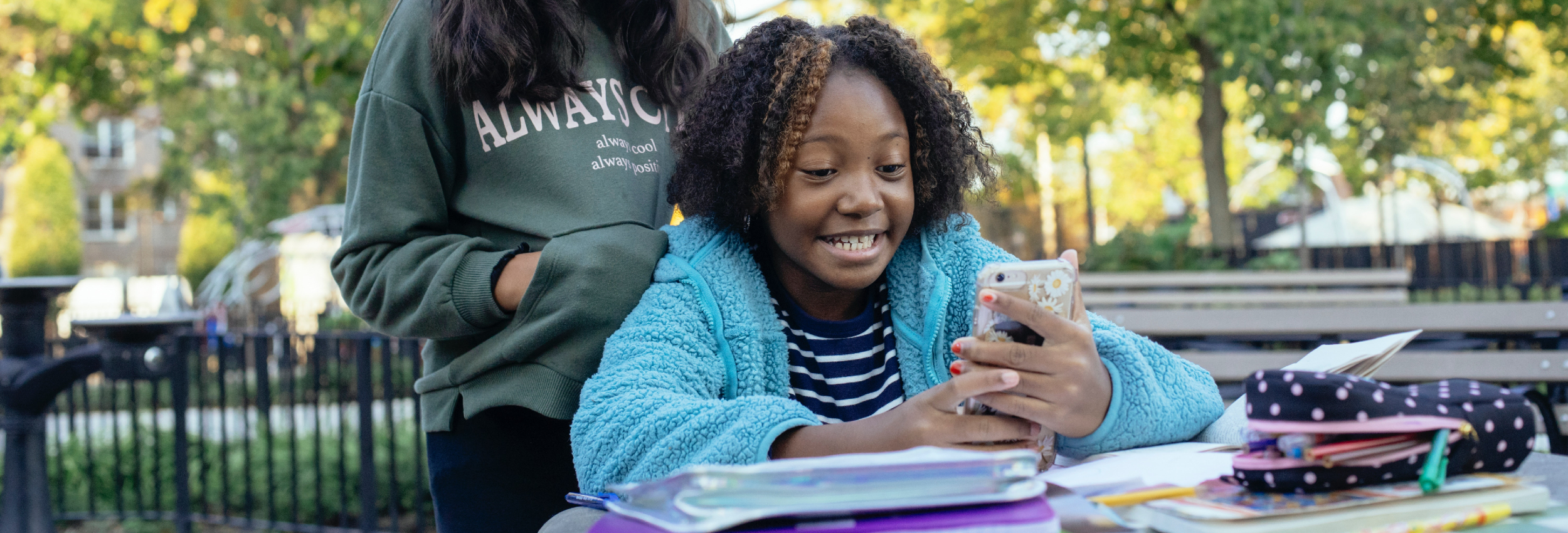 The closing down of schools during the Covid-19 pandemic meant a complete reliance on online teaching for students to ensure that formal education remained as little disrupted as possible. Simultaneously, remaining at home for extended periods of time meant that children were spending more and more time online, for socialisation and entertainment. This has inevitably led to children being vulnerable to online abuse and bullying. Shruti Das, Assistant Project Coordinator at the Centre for Social Research (CSR), New Delhi, discusses these global issues of concern and possible ways forward in the context of CSR’s work in India.
The closing down of schools during the Covid-19 pandemic meant a complete reliance on online teaching for students to ensure that formal education remained as little disrupted as possible. Simultaneously, remaining at home for extended periods of time meant that children were spending more and more time online, for socialisation and entertainment. This has inevitably led to children being vulnerable to online abuse and bullying. Shruti Das, Assistant Project Coordinator at the Centre for Social Research (CSR), New Delhi, discusses these global issues of concern and possible ways forward in the context of CSR’s work in India.
Recently, in a digital classroom organised by the Centre for Social Research (CSR; an NGO in New Delhi) a 14-year-old girl from a prominent Delhi school shared her nightmare of having her school email hacked. The hacker circulated sensitive images to the entire school during their online classes. Her example gave courage to another 13-year-old girl to share her experience about strangers sending her personal messages on Instagram — asking for her contact details and other personal information.
These are not isolated cases. According to media reports, in April 2020 the National Commission for Women (NCW) wrote to the Director General of Police in Gujarat after someone hacked into an online class run by a university and began behaving inappropriately on the screen. There have been multiple such complaints from students, teachers and parents in India about hackers and predators using digital platforms to spread derogatory media and messages.
The problem is not limited to online lessons. Since children also spend their leisure time in front of screens, there have been cases of scammers trying to manipulate children through online gaming platforms. A 15-year-old boy from Hyderabad shared his experience of coming in contact with a scammer while playing a multi-player online game. The scammer texted him on the platform, and began sending unwanted personal and money-related messages and links. The child got so scared that he thereafter refrained from playing games altogether. There have also been several stories about children being harassed and scammed, like that of a 13-year-old boy from Madhya Pradesh who hanged himself after losing Rs 40,000 in an online game.
Post-pandemic times have made it even more daunting to leave digital devices in the hands of children without proper monitoring and dialogue. Across India, several cases of cyber threats have surfaced where children felt threatened as their safety and privacy was compromised. Female students are more susceptible to harassment and non-consensual sharing of undesirable media content. Overall, reported cases of cyberbullying have risen in this period: in 2020 alone, cyber-bullying cases against women and children rose by 36% in India. In Delhi, in a survey of 630 adolescents carried out by the Child Rights and You (CRY), 9.2% of the respondents reported having been bullied online half of them had not reported it to their guardians, teachers or to social media platforms.
Children are feeling confused and lost in the current situation, which has resulted in many suffering from mood swings, anxiety and frustration. Adolescence is a time to understand one’s self, but the pandemic has made it harder for them as they now have to make sense of themselves and the world with restricted socio-physical interactions. Cumulatively, these factors have had an unfortunate effect on their mental well-being as well as on their physical health. According to UNICEF, ‘at least one in seven children — or 332 million globally — has lived under required or recommended nationwide stay-at-home policies for at least nine months since the start of the COVID-19 pandemic, putting their mental health and well-being at risk.’
Sarita Jadav, head of UNESCO in India, speaking at a webinar in March 2021, highlighted how children suffer academic loss due to online bullying and trolling. She also said, ‘[The] internet has amplified the risk of cyber-bullying and online discrimination. According to a study, 62% of digital users did not know where to find help if they were cyberbullied.’ This makes it extremely important to talk to children beyond the academic curriculum, especially during this Covid-19 period about the digital technologies being used by them. Educational institutions alone may not be capable of handling such dialogues around digital safety and cyber security habits; it is therefore important for them to collaborate with research organisations and NGOs to share and impart best practices for this critical problem.
Recognising these increased vulnerabilities of children in the current environment, CSR conducted in-depth workshops on topics covering positive online engagement, online threats and counter-speech, the importance of consent, mental health of children, fake news and misinformation, amongst others. The programme enables students to make informed decisions and build resilience. So far, CSR has trained more than 30,000 school students in the age group 12–18 years in the last year alone. The project has been implemented keeping in mind the current challenges of online education and learning, and inputs from students, educators and parents.
However, the participation of all stakeholders is crucial to creating a learning environment that is safe for children. To meet this need:
- Teachers need to learn to unlearn the old pedagogy and approaches. If this is the new normal, then it has to become a re-learning point towards more creative digital teaching methods to ensure holistic development, digital safety and well-being of students, so as to make them better digital citizens. The Social and Emotional Learning (SEL) methodology can equip teachers to become allies, rather than just traditional instructors, for their students.
- Mental health is a key aspect of all challenges and vulnerabilities faced by young people, and it is high time we give it the priority it deserves. Rather than avoiding conversations about emotions, we need to work towards building safe spaces for children where they can talk openly about their emotions and how the pandemic, and the shift to online learning, has affected their mental well-being.
- Educational institutions should conduct training programmes for students, teachers and parents focused on internet safety and on combating online threats.
- School curricula should be revised to be relevant for current times by including online safety and security guidelines.
- Government(s) should allocate funds in the education budget for mental health professionals, and to implement SEL tools. They should also minutely revise cyber-security laws and policies, and create helplines and portals for the ease of reporting cyber-crimes.
Since childhood experience is the most crucial foundation of our individuality, as well as of our mental and emotional resilience, there is need for work towards mitigating the effects of the Covid-19 pandemic on the security and happiness of children in the ‘new normal’.
Notes
This post was originally published on the South Asia @ LSE blog and is reposted with thanks.
This post represents the views of the authors and not the position of the Parenting for a Digital Future blog, nor of the London School of Economics and Political Science.





